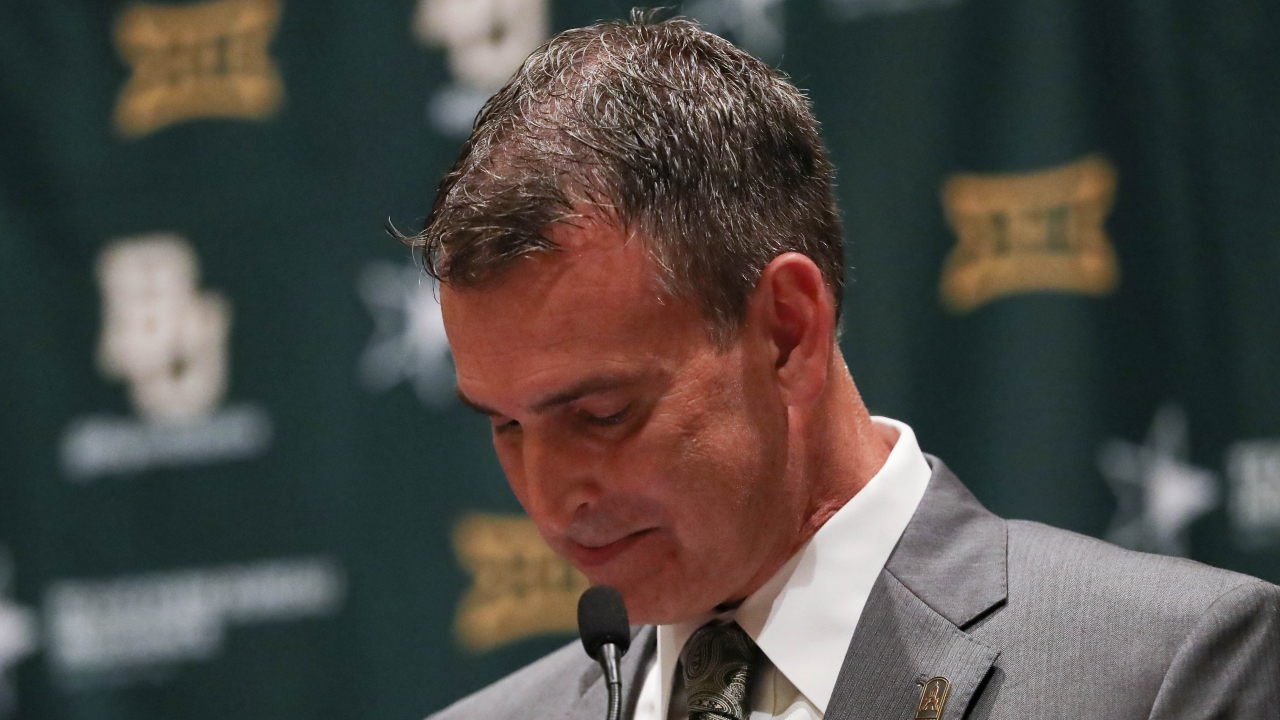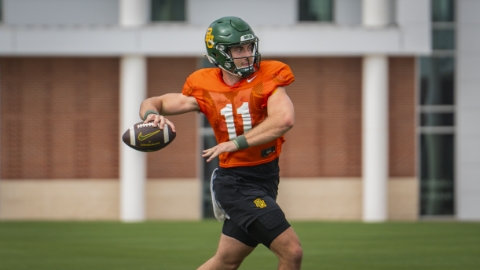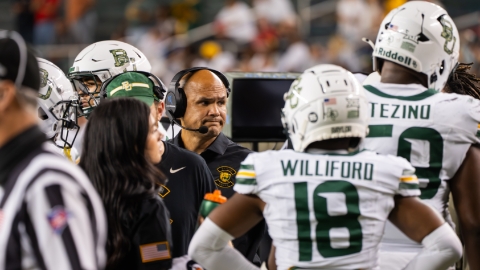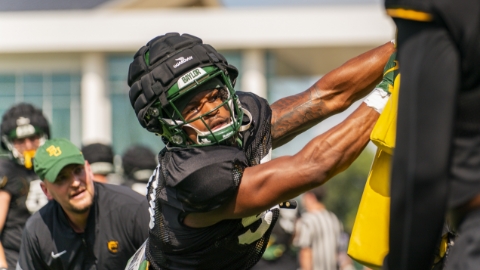It’s the closest thing we have seen to the wild, wild west in college athletics as governance from the NCAA regarding name, image and likeness is non-existent and the jurisdiction of who can do what defaults to individual states.
The laws across borders vary and those with laws have no teeth to punish perpetrators who step foot across the black line that is in the middle of a gray area that separates this new thing called “NIL” and that old thing called “pay for play.”
We’ve seen the state of Alabama repeal its original laws that put the bluest of blue blood — the University of Alabama — at a major NIL disadvantage because of stricter state laws than its neighbors.
Now Florida is going through a similar legal process to back off of original laws with the plan to allow Florida universities the authority to help facilitate NIL deals for its student athletes.
Texas, home to five so called “Power 5” programs which regularly compete for top 30 recruiting classes in the country, have state NIL laws in place that are closer is nature to Alabama and Florida in terms of being more restrictive.
In each these instances, the state laws are more restrictive than the rules put in place by the NCAA itself. When Alabama is crying foul and moving swiftly to change state laws, you know something is wrong. Bama will get its problem fixed, but what about the other 105 or so programs that fall outside of the “blue blood” category?
Guardrails are needed at minimum, and a level playing field is optimal. That means sooner or later there must be standardized protocols and bylaws across the country.
Federal legislation could still be an option as Division I Board of Directors chair Denise Trauth said at the time of the NCAA’s original announcement. "With this interim solution in place, we will continue to work with Congress to adopt federal legislation to support student-athletes.”
But on Tuesday, according to Baylor Vice President and Director of Athletics who spoke to SicEm365 Radio, said he still believes federal solutions are more than a year away. But even then there are no guarantees that route provides any worthwhile solutions.
“We're gonna need some normality to this here in the near future,” Rhoades said.
Like it or not, all signs point back to the NCAA being the only short term solution between the current reality.
“I think the biggest question is, can the NCAA do anything in the meantime when we think about name, image and likeness, and the transfer portal?” Rhoades added.
The NCAA says that NIL cannot used by a recruiter as an inducement in the recruitment of prospect. That’s the one steady “rule” from the NCAA through all of this madness, but it’s the most polarizing and widely discuss portion of it all regardless of how many other issues there actually are that no one is discussing.
“Because here's what's going on,” Rhoades said. “All we're doing right now — and when I say we, I'm talking about college athletics — is buying players. That's all we're doing.”
That’s not a direct shot at anyone, but when money funnels are being created in the guise of non-profit organizations called “Horns With Heart”, something is amiss.
“Horns with Heart,” the press release reads, “a new non-profit entity, has announced their 2022 sponsorship to extend an offer to every University of Texas offensive lineman totaling $50,000.00 in annual financing per player.”
Technically, nothing is wrong with this. It’s an opportunity to actually do something great for a community. On the NIL side of things, this might as well be a job opening posted in the newspaper with a starting salary of $50,000.00 with a four-year contract guaranteed.
Any surprise that the Longhorns landed two five-star and three four-star offensive linemen after that press release came on Dec. 6, 2021? It shouldn’t.
Make no mistake at all. Texas isn’t the only program with supporters willing to find their own funnels. The Texas boosters were just the only ones willing to take the plunge and make it public, and Steve Sarkisian’s staff took advantage of it.
I guess that’s better — or is it actually worse? — than Jimbo Fisher denying that NIL funds had anything to do with the “best recruiting class in the history of college football” at Texas A&M, right?
NIL is here to stay, but seven months in we are all seeing that there are serious flaws that need to be cleaned up. Athletes deserve to be compensated for their NIL, but what NIL is becoming is not that.





